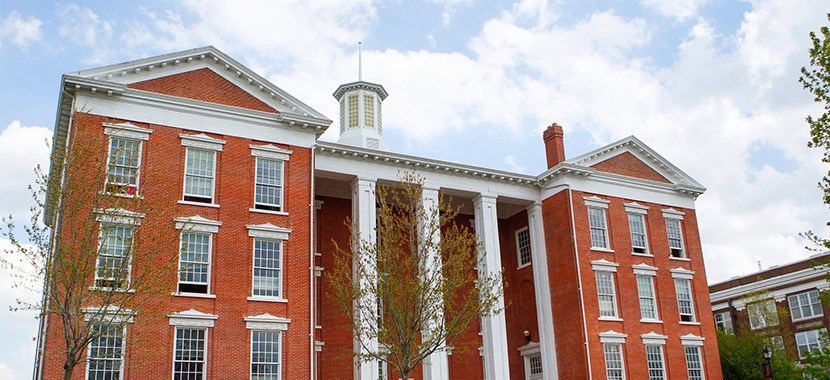
The importance of diversity is not rooted in what it offers cosmetically – the value of diversity is derived from the equity that it provides. Underneath the push to increase institutional diversity lies a dire need to equalize the means of access to that institution across varying demographics. It is not that a variety of demographics is inherently beneficial – this is just cosmetic.
Rather, the variety of perspectives which influence culture is key to progress in the globalized internet-based society in which we live. In this sense, diversity is nothing more than the reflection of a versatile culture largely capable of serving the needs of globalization. The differences that diversity necessitates and the harmony it implies is ironically created by the presence of disruption.
Communication undoubtedly constitutes this diversity. The symbolic nature of our words and phrases and how they compose our general rhetoric are inseparably linked to our specific experiences of socialization.
Therefore, when culture is collectively and socially constructed, the content of discourse within that culture becomes the very reality. It is vital to consider this reality – that culture can create – because while it may not impact subjective reality, it influences objective reality which is obviously deserving of equity. The role that communication plays in diversity is most clearly summed up by the idea that culture is set by the content of discourse.
Cultures interact from within the confines of their own bubble, their own culturally constructed worlds – not always bothered by other prerogatives. Globalization is effectively increasing instances of interconnectedness between these bubbles. Like atoms becoming more and more excited as they move from liquid to gaseous states, bubbles are bouncing more than ever in a world of globalization.
When the content of discourse within these separate bubbles becomes conducive to the collisions it will surely endure, then and only then will diversity be achieved.
The concept of authoritarianism stands squarely opposite that of diversity. When diversity facilitates individual expression, authoritarianism rejects it in favor of uniformity.
This offers a vision of a society whose cosmetics have been completely and obsessively manipulated – betraying any true possibility for diversity.
The discourse imaginable in an authoritarian society does not contain notions of dissent – they are not permitted. This discourse is also empty of
Resistance in a system of suffocating obedience not only contests the existing culture but it also creates its own culture. This is the essence of counterculture. Counterculture pokes at the heart of diversity in its avid protection of individual agency.
William Jewell College has had plenty of its own experiences countering the existing culture and creating its own. Jewell’s split from Missouri’s Baptist Commission (MBC) in 2003 had a significant impact on campus culture and provides a great example of what enabling diversity looks like.
The MBC shows many signs of authoritarianism. Its stress on uniform conduct between associated institutions, the existence of consequences for actions non-traditional in nature and the conditionality imposed on subjective faith. This is reinforced by their crumbling of relations with Jewell.
“In what was likely the most unified meeting of the Missouri Baptist Convention in more than three decades, approximately 1,600 registered messengers voted overwhelmingly to defund William Jewell College of more than $1 million,” reported the the Baptist Press.
The decision to split was based on a near consensus of Jewell’s supposed rejection of Christianity.
“The decision to defund William Jewell was no surprise since no accord emerged from a series of meetings earlier this year between MBC and William Jewell leaders to discuss the college’s tolerance of homosexuality and hosting of sexually promiscuous theatrical presentations such as ‘The Vagina Monologues’ and ‘Best Little Whorehouse in Texas,’” said the Baptist Press.
In hindsight, I think it has become abundantly clear who was truly having the lapse in
The discourse during this time at Jewell was indicative of this as well.
According to The Pathway, a journal published by the MBC, former president David Sallee used discourse specifically to enable diversity. In response to MBC criticisms, Sallee said:
I believe that God called me to Liberty to lead William Jewell College to provide a superior education in a distinctively Christian environment. More specifically, the issue is that some people would implement the phrase ‘distinctively Christian’ differently than we do. At this critical time in the history of William Jewell, it must be clearly and firmly stated that we will vigorously defend both the way we do our work and the systems of governance under which we operate.
A definition of diversity does not come as a result of analyzing the ratio of black to white people within an institution. Defining diversity must look at the culture that is produced through discourse at any given institution. When that discourse is at a level where it contains respectable representations, then it will subsequently be an organization of those ideals – but only after the words are said.
